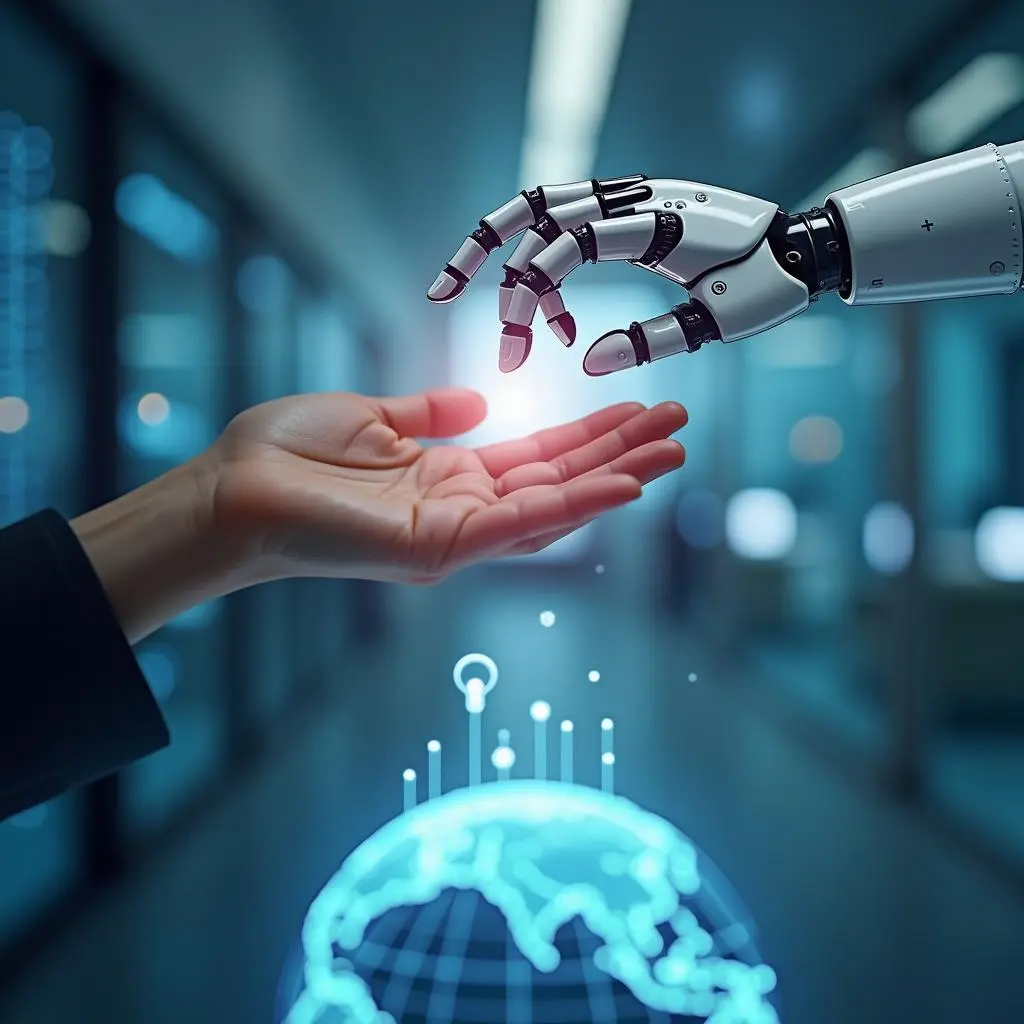Why Do We Fear AI Instead of Embracing Its Potential?

Artificial intelligence (AI) has been hailed as a revolutionary force capable of transforming industries, solving global challenges, and improving lives. However, many people approach AI with apprehension, fearing job displacement, ethical dilemmas, and even existential threats. This fear, while understandable, often stems from a lack of understanding about AI’s capabilities and limitations.
One of the primary reasons for this fear is the way AI is portrayed in popular media. Dystopian narratives and science fiction often paint AI as a rogue force that could surpass human control. These exaggerated portrayals contribute to mistrust and hinder discussions about how AI can be developed and used responsibly for societal benefit.
Another concern lies in the ethical challenges surrounding AI. Issues like data privacy, algorithmic bias, and the concentration of AI technologies in the hands of a few corporations raise valid questions about accountability and fairness. Addressing these challenges requires transparent governance, global collaboration, and ethical frameworks that prioritize human well-being.
To embrace AI’s potential, education and awareness are crucial. People need accessible information about how AI works and its practical applications. By demystifying the technology, we can reduce unfounded fears and foster a culture of innovation that encourages responsible AI development.
Ultimately, AI should be viewed as a tool—a powerful one that, when used wisely, can amplify human creativity, solve complex problems, and create opportunities. By shifting the narrative from fear to possibility and focusing on ethical implementation, society can unlock AI’s transformative potential for the betterment of humanity.
